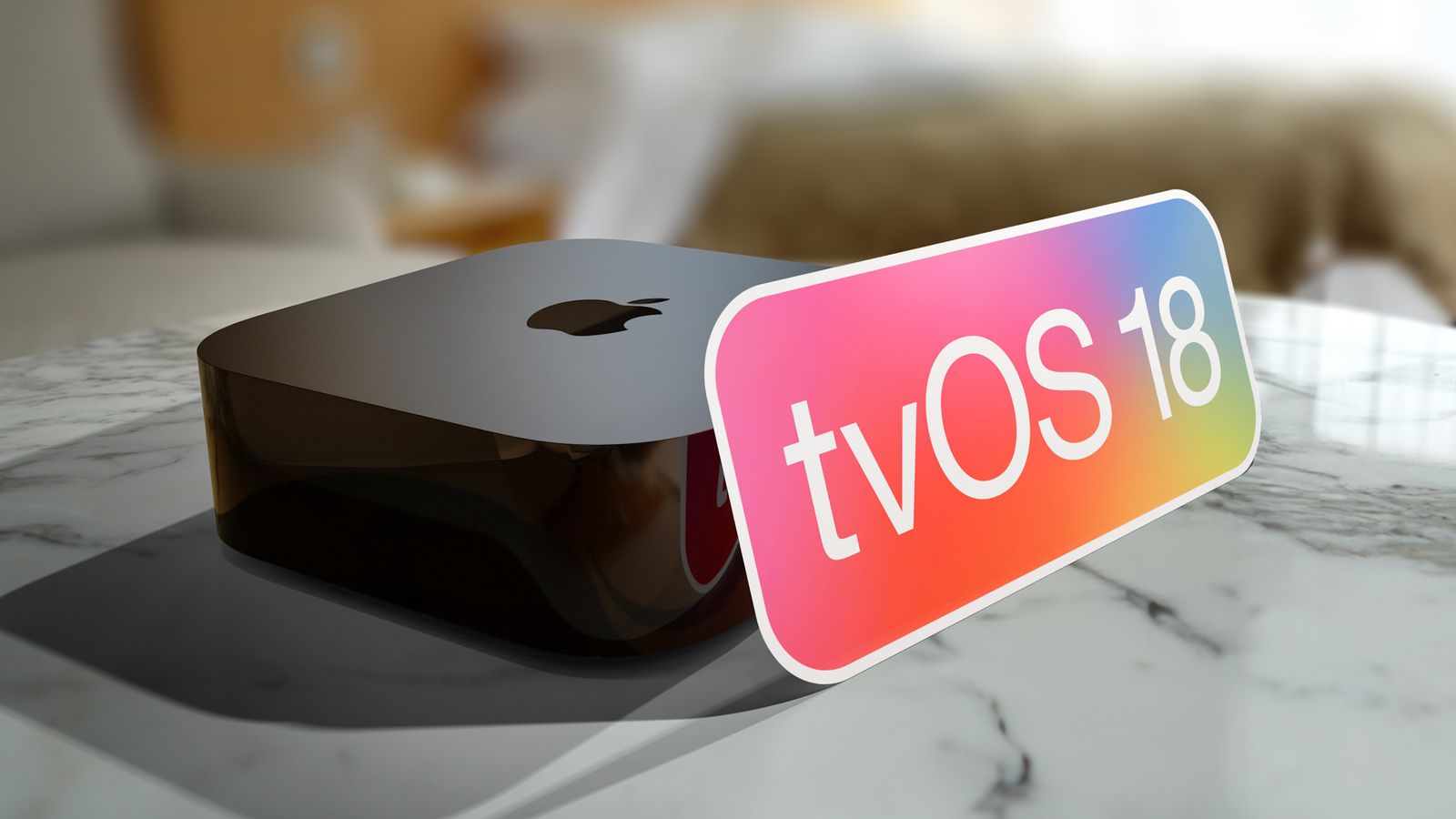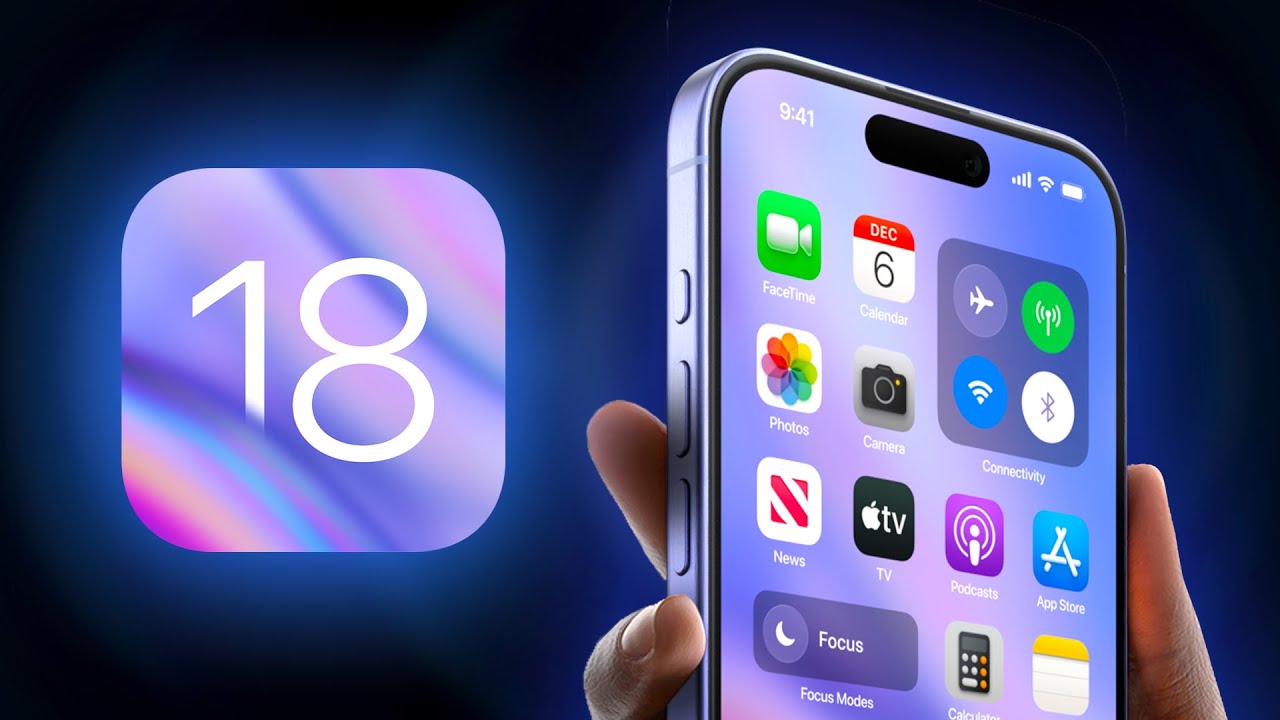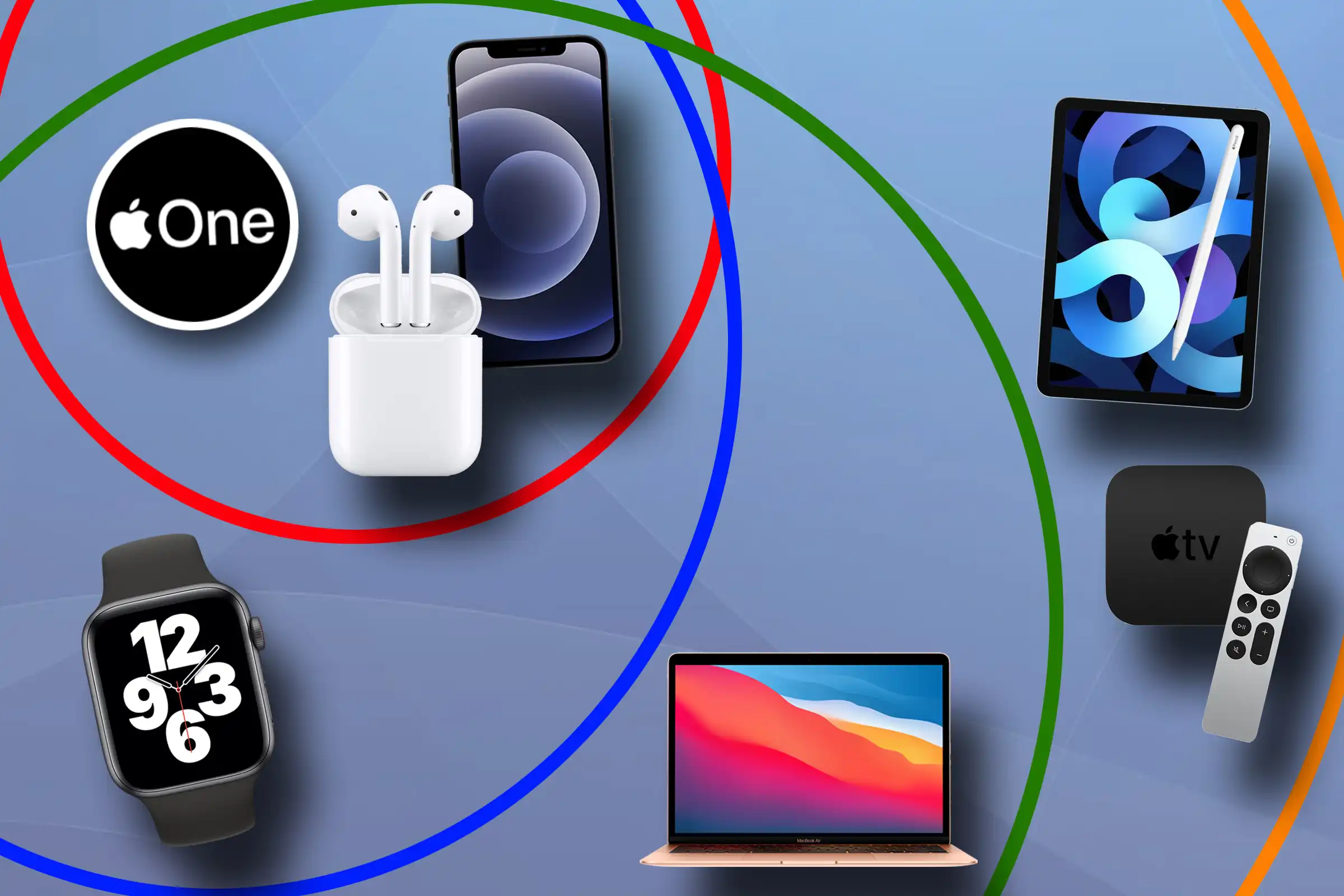Apple just launched some exciting updates for its devices on March 31, 2025. Here’s what’s new with iOS 18.4, iPadOS 18.4, macOS 15.4, visionOS 2.4, watchOS 11.4, and even older systems.
For iPhone and iPad users in Germany, iOS 18.4 and iPadOS 18.4 bring cool, smart tools.
You can now summarize or rewrite text easily, get important notifications first, and group alerts to keep things simple. There’s also a focus mode that knows what matters most. Plus, try Image Playground to make fun pictures from your photos or words, or create custom emojis with Genmoji.
The Photos app can now whip up memories or remove unwanted stuff from pictures. Check your settings to grab this update! Mac users get macOS 15.4 with similar smart perks. It organizes your Mail app, simplifies notifications, and adds the same image and emoji tricks as iOS. Update your Mac settings to enjoy these.
Vision Pro’s visionOS 2.4 adds AI magic for the first time. Rewrite emails, make playful images, or search Photos with simple words. You can even craft short movies by describing them! A new Spatial Gallery app brings cool 3D content from partners like Porsche, and guest-sharing is now smoother via iPhone.
watchOS 11.4 for Apple Watch keeps it light with small tweaks. Control smart vacuums with Siri, switch watch faces faster, and set alarms to sound even in silent mode. Older iPhones, iPads, and Macs get security fixes too, so update them soon! These fresh features make Apple devices smarter and more fun for everyone.





